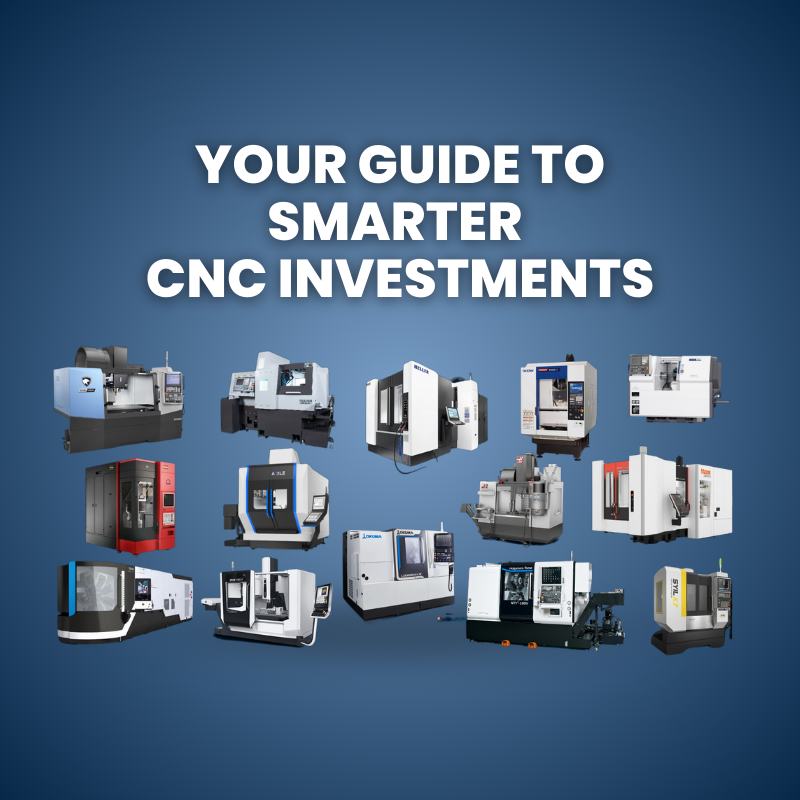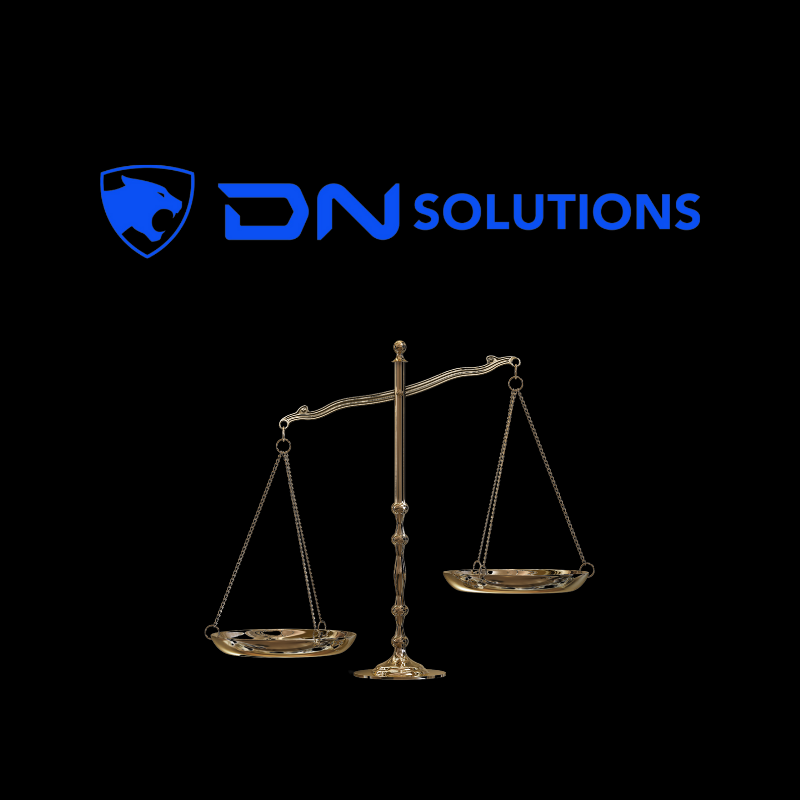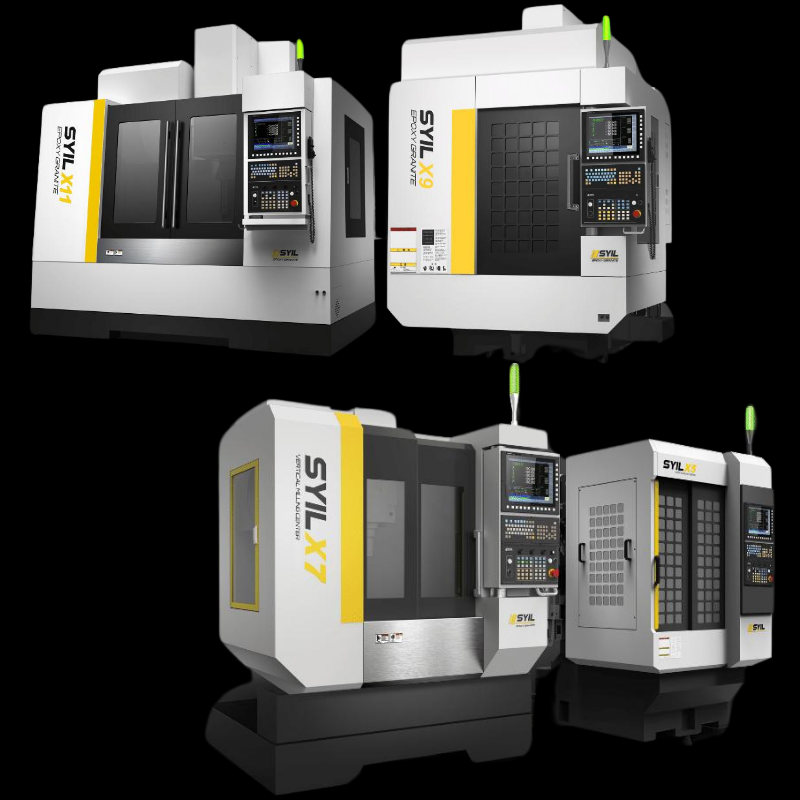Navigating the world of CNC brands can be complex, but understanding what sets each apart is crucial for making an informed decision. Let's dive into the unique characteristics of various CNC brands, helping you identify the right fit for your needs.
Each CNC brand brings distinct features to the table, differentiating them in terms of precision, durability, software compatibility, and customer support. Brands may specialize in certain types of machinery, like milling machines or lathes, or focus on specific industries, offering tailored solutions. Understanding these nuances is key to selecting the best CNC machine for your specific applications.
As we unravel the unique aspects of each CNC brand, you'll discover how these differences can significantly impact your manufacturing processes and outcomes.
Precision and Performance: Brand-Specific Strengths
When evaluating CNC brands, precision and performance are paramount. For instance, Brand A might be renowned for its high precision in intricate designs, making it ideal for aerospace applications. Brand B, on the other hand, could excel in robustness, suitable for heavy-duty manufacturing. The motor technology, spindle speed, and control systems vary between brands, influencing the machine's accuracy and speed. Some brands integrate advanced software for superior control and customization, catering to complex and detailed projects. Additionally, maintenance requirements and machine longevity are brand-dependent, affecting long-term performance and cost-effectiveness.
Durability and Build Quality: A Brand Perspective
The build quality of CNC machines varies across brands. Brand C might use premium materials, ensuring longevity and consistent performance under demanding conditions. Brand D could offer a more cost-effective solution with decent durability, suitable for less intensive applications. Understanding the materials used, construction techniques, and design philosophies of each brand helps in assessing their long-term reliability and maintenance needs.
Software Compatibility and User Experience
Software is a critical component of CNC machining. Some brands develop proprietary software, offering seamless integration and user-friendly interfaces, while others might be compatible with a range of third-party software, providing flexibility. Brand E's software might offer advanced simulation capabilities, while Brand F focuses on ease of use for beginners. The choice depends on your technical proficiency and specific requirements.
Industry-Specific Solutions and Customer Support
Certain CNC brands specialize in industry-specific solutions. For example, Brand G may offer machines tailored for woodworking, while Brand H excels in metalworking. Additionally, customer support, including training, maintenance services, and availability of spare parts, varies significantly among brands, influencing the overall user experience and machine uptime.




